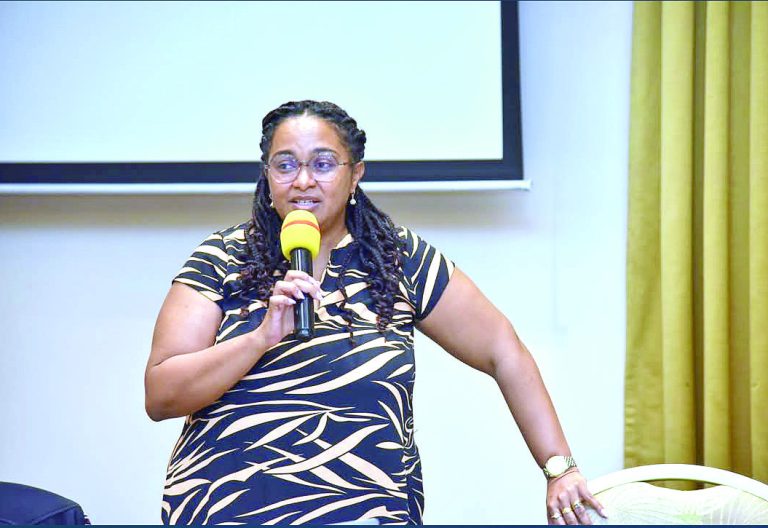Statistics show cases of diabetes on steady rise

The number of undiagnosed diabetes patients in Kenya could be higher than initially thought, as health experts link the rapid rise in the prevalence of the second leading non-communicable (NCDs) killer disease to changes in lifestyle dynamics.
In the Kenya National Diabetes Strategy 2010-2015, the government confirmed that the 3.3 per cent prevalence rate would increase to 4.5 per cent of the country’s total population in 2025.
Recent data indicates that the prevalence of diabetes in Kenya has been on the rise, and it doesn’t appear to be slowing down.
According to the World Health Organisation (WHO), the prevalence of diabetes among adults aged 20 to 79 was four per cent in 2021, when Kenya had approximately 821,500 adults living with diabetes, representing about three per cent of the adult population.
However, other sources suggest that the current prevalence may be closer to 4.5 per cent, about 252,000 people, with a higher incidence in urban areas compared to rural ones.
“What’s disturbing in this scenario is that a large portion of Kenyans are unaware of their blood glucose status, potentially leading to delayed diagnosis and treatment, and increased risk of complications,” Kenya Diabetes Study Group (KDSG) President, Dr Rosslyn Ngugi said ahead of the 10th Annual conference to mark a decade of engagement in diabetes care slated for next week.
Dr Ngugi echoed a 2021 study on the costs associated with the disease, saying that the economic burden of diabetes is also substantial.
The study estimated the total cost of managing type 2 diabetes (T2D) in Kenya at approximately USD635 million (Sh74.5 billion), accounting for about 60 per cent of the country’s health sector budget.
Damage of kidneys
The majority of these costs, Dr Ngugi attributed to complications, particularly nephropathy, a condition associated with the damage to the kidneys by any disease.
“Diabetes, in particular, remains a significant public health challenge, with rising cases reported across both urban and rural areas,” she said, noting that a lot of awareness and public education is needed to sensitise populations on the value of early diagnosis.
Diabetes is a chronic condition that occurs when the body is unable to properly process glucose or sugar, either due to insufficient insulin production or ineffective insulin use.
This leads to elevated blood sugar levels, which over time can cause serious health complications, including heart disease, kidney failure, and vision loss.
Even the International Diabetes Federation (IDF) and WHO reports suggest that diabetes prevalence is on the rise globally.
According to the Federation in 2021, there were 2.3 million cases of diabetes in Kenya, and this number is expected to rise to 3.5 million by 2045. On the other hand, the WHO also notes that a significant portion of diabetic patients in Kenya remain undiagnosed, creating a challenge for healthcare systems.
Diabetes care
Consequently, the upcoming meeting, according to Dr Ngugi, will provide an opportunity to reflect on how far the country has come in diabetes care over the past ten years and what more needs to be done.
“This year’s event is particularly special as we reflect on a decade of advancements, challenges, and milestones in diabetes care,” she said, noting that while celebrating the achievements made, a need to recommit towards the task ahead.
The event is expected to bring together healthcare professionals, researchers, and policymakers for presentations and strategy discussions aimed at improving diabetes outcomes in Kenya. The agenda includes sessions on emerging treatment approaches, digital health tools, and community-level interventions.
Dr. Ngugi also emphasised the importance of learning from the lived experiences of people managing diabetes daily, noting their resilience and role in shaping future approaches to care.
Themed: “A Decade in Diabetes Care,” the 2025 event comes at a critical time, as Kenya and the wider region grapple with the growing burden of non-communicable diseases.
The event will commemorate a decade of Diabetes fight by KDSG, while also providing a strategic platform to foster new partnerships and innovative solutions in response to one of Kenya’s most pressing health challenges.
The gathering will underscore the growing urgency surrounding access, affordability, and public awareness of diabetes care.










